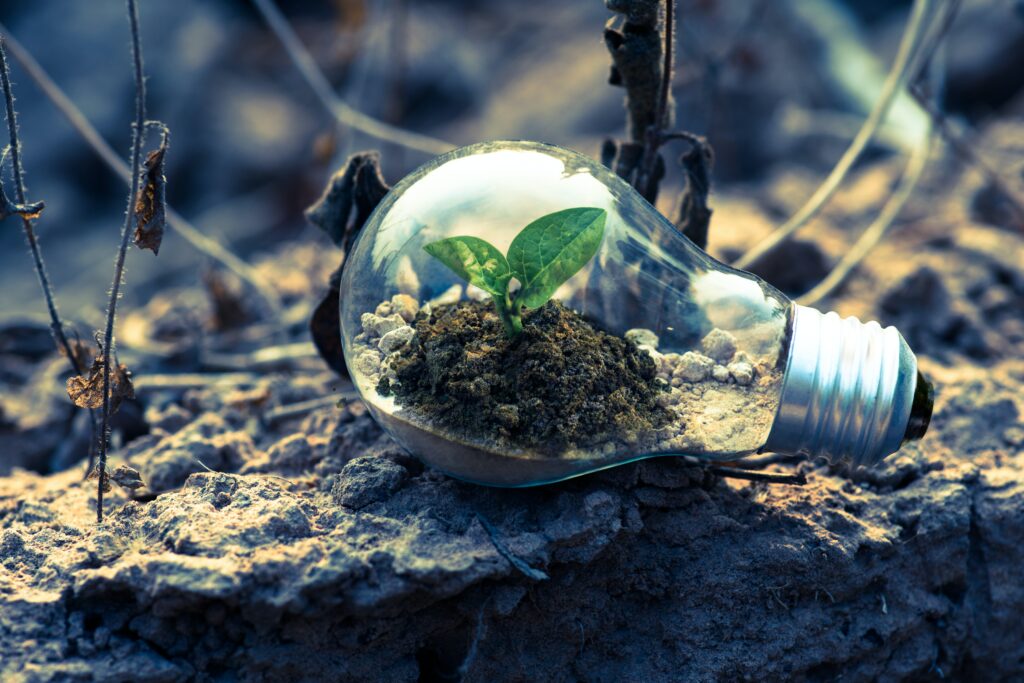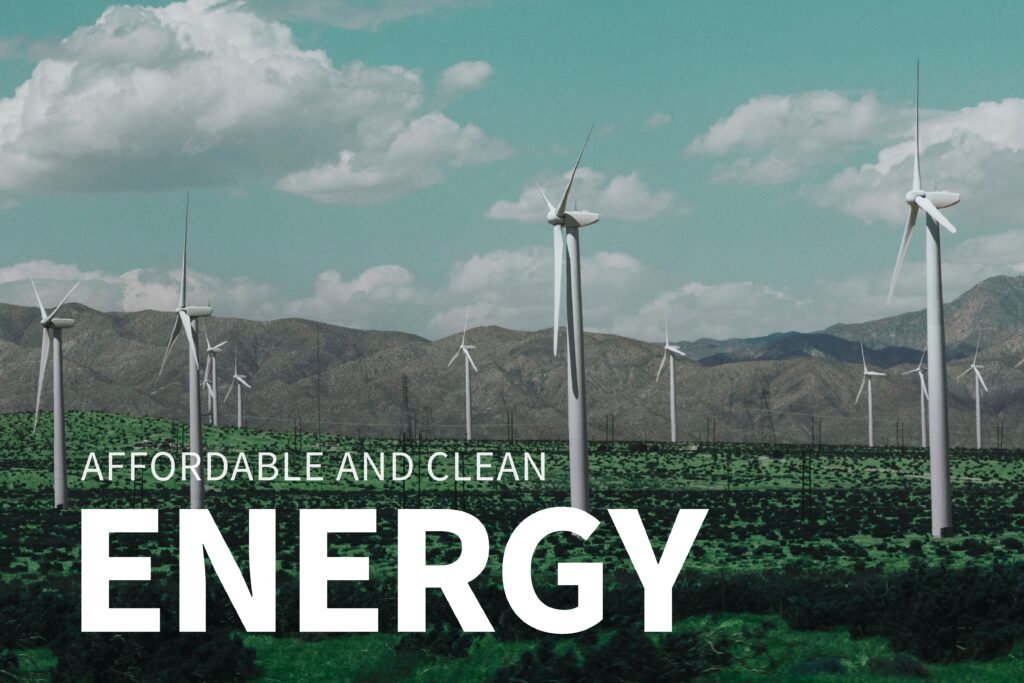
“Embrace a sustainable future with Inspire Clean Energy. Discover 10 powerful ways to go green and make a positive impact on the environment. Join the clean energy movement and inspire change for a greener tomorrow.“
Table of Contents
1. Switch to Renewable Energy Sources
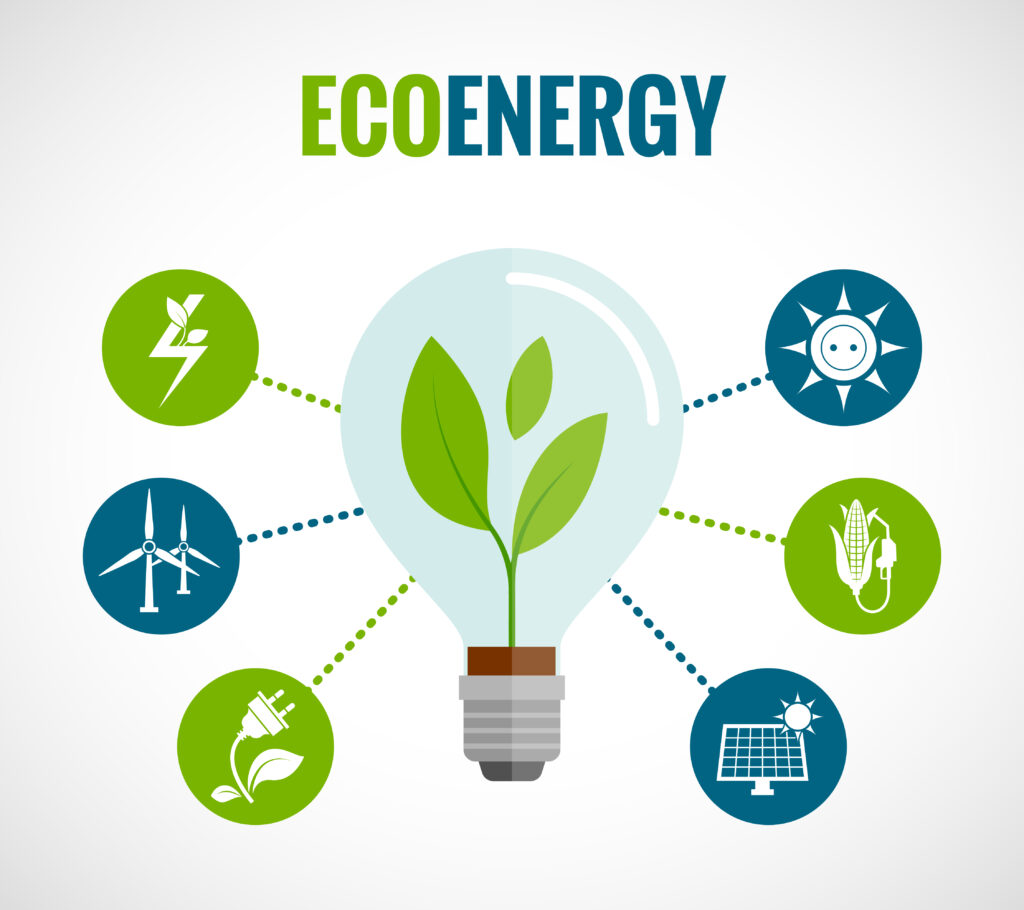
Adopting clean energy is based on switching to renewable energy sources. Burning fossil fuels is one of the traditional energy production techniques that significantly contributes to greenhouse gas emissions and climate change. We can dramatically lower our carbon footprint and transition to a cleaner energy infrastructure by utilizing the potential of renewable resources like solar, wind, hydro, and geothermal energy. To promote the use of sustainable energy, think about adding solar panels to your house or taking part in community solar initiatives.
2. Embrace Energy Efficiency

A key component of implementing sustainable energy practices is increasing energy efficiency. Many homes and buildings are not energy-efficiently designed, resulting in wasteful waste. Energy may be saved significantly by taking simple steps like replacing inefficient appliances with energy-efficient ones, switching to LED lightbulbs, properly insulating your living areas, and caulking drafts. It’s a win-win scenario for the environment and you when you adopt energy-efficient practices since they reduce your energy costs and help the environment.
3. Opt for Sustainable Transportation
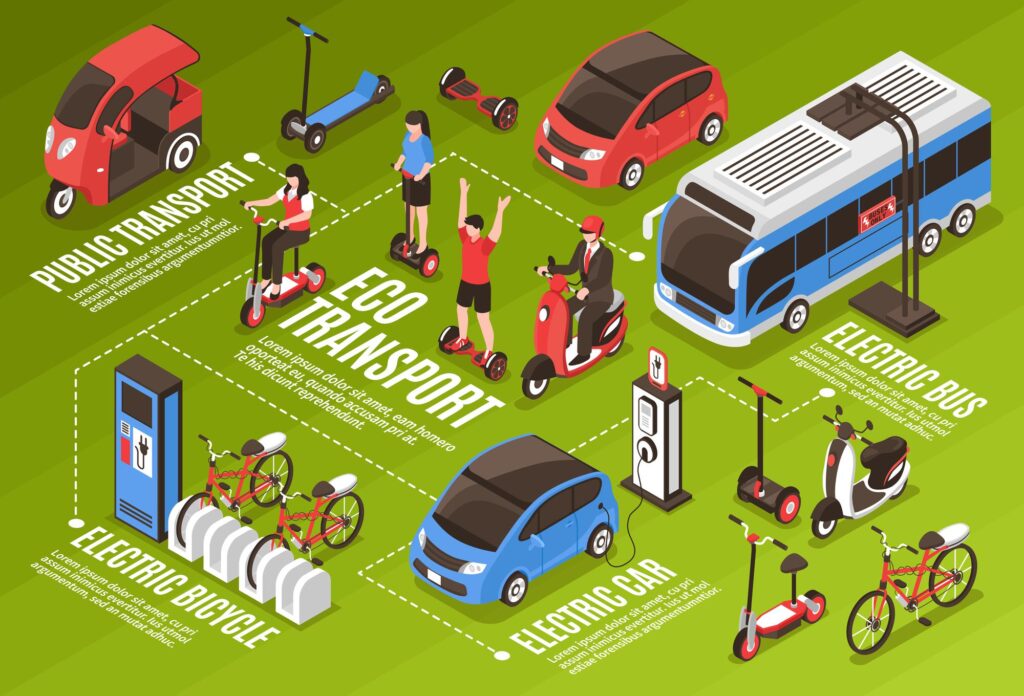
A significant source of greenhouse gas emissions comes from the transportation industry. Consider choosing eco-friendly transportation choices to lessen your carbon impact. If you want to lessen the environmental effect of your daily commute, consider walking, bicycling, carpooling, or taking public transportation. Consider purchasing an electric or hybrid automobile if you want to go farther. Considering sustainable solutions supports the advancement of cleaner and more effective means of transportation since the transportation sector changes constantly.
4. Reduce, Reuse, Recycle
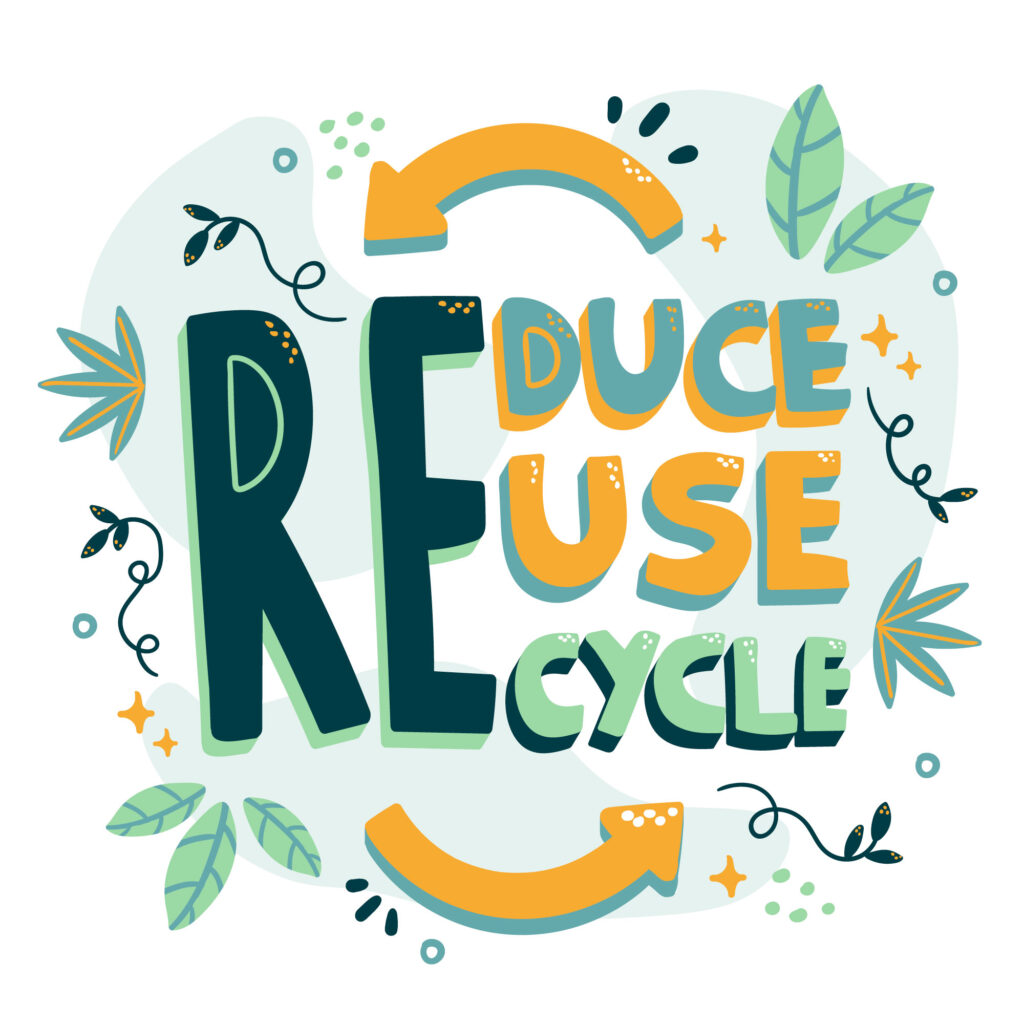
Even in our quest of renewable energy techniques, the age-old maxim “Reduce, Reuse, Recycle” stays true. Reducing trash may drastically lessen the load on landfills and save precious resources by being careful of consumption, reusing products whenever feasible, and prioritizing recycling. A more sustainable and circular economy is also facilitated by choosing items with less packaging and supporting recycling initiatives.
5. Support Renewable Energy Initiatives
Participate actively in promoting renewable energy projects and organizations. Numerous local municipalities are seeking investors or collaborators for their renewable energy initiatives. You may directly influence the expansion of renewable energy and encourage its acceptance in diverse locations by making a contribution to such efforts. Additionally, think about promoting renewable energy incentives and legislation at the local, national, and international levels. Your voice and assistance may enact real change in the direction of a cleaner energy future.
6. Choose Eco-Friendly Products
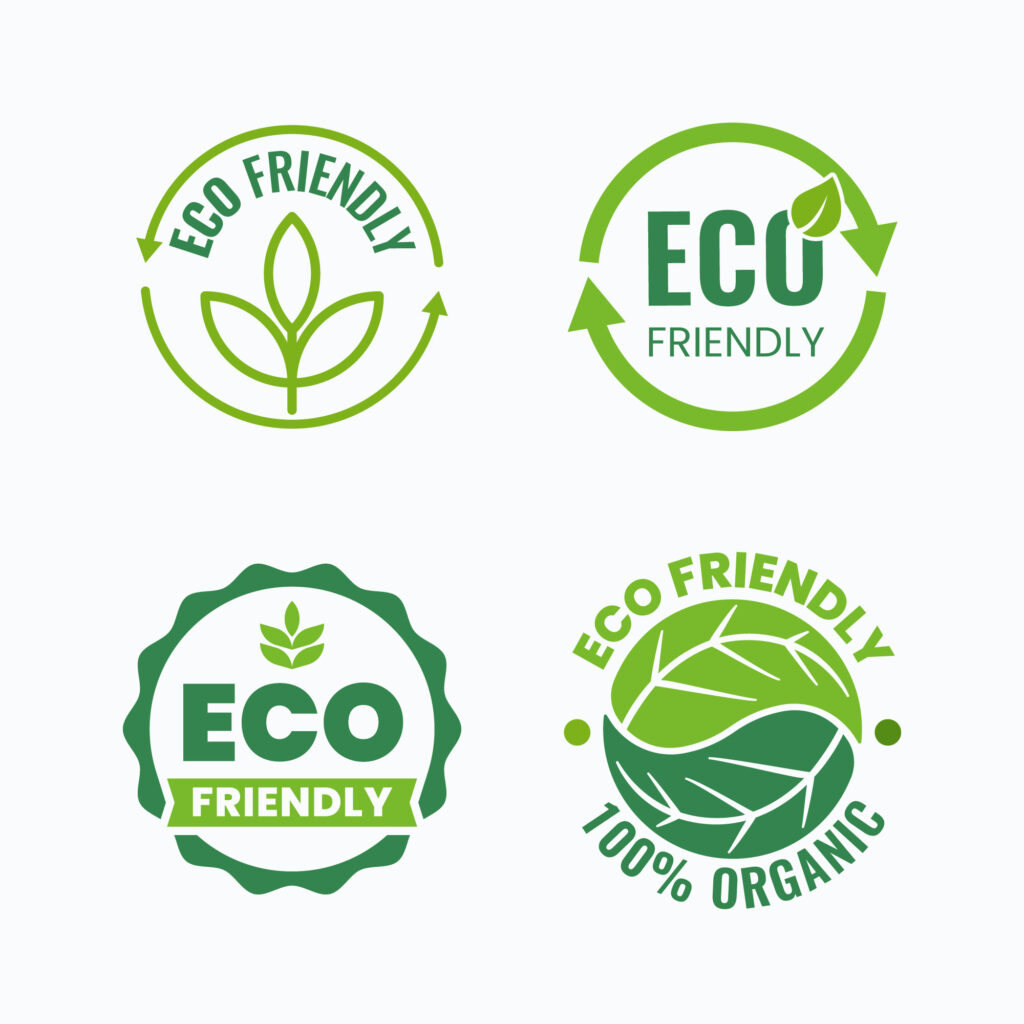
Our everyday items have a huge negative influence on the environment. Reducing our ecological footprint involves choosing green and sustainable products. To find environmentally friendly items, look for certifications or labels like Energy Star, Fair Trade, or Forest Stewardship Council (FSC) accreditation. By assisting companies who put an emphasis on environmental responsibility, you may inspire others to do the same and stimulate a market for greener goods.
7. Practice Water Conservation
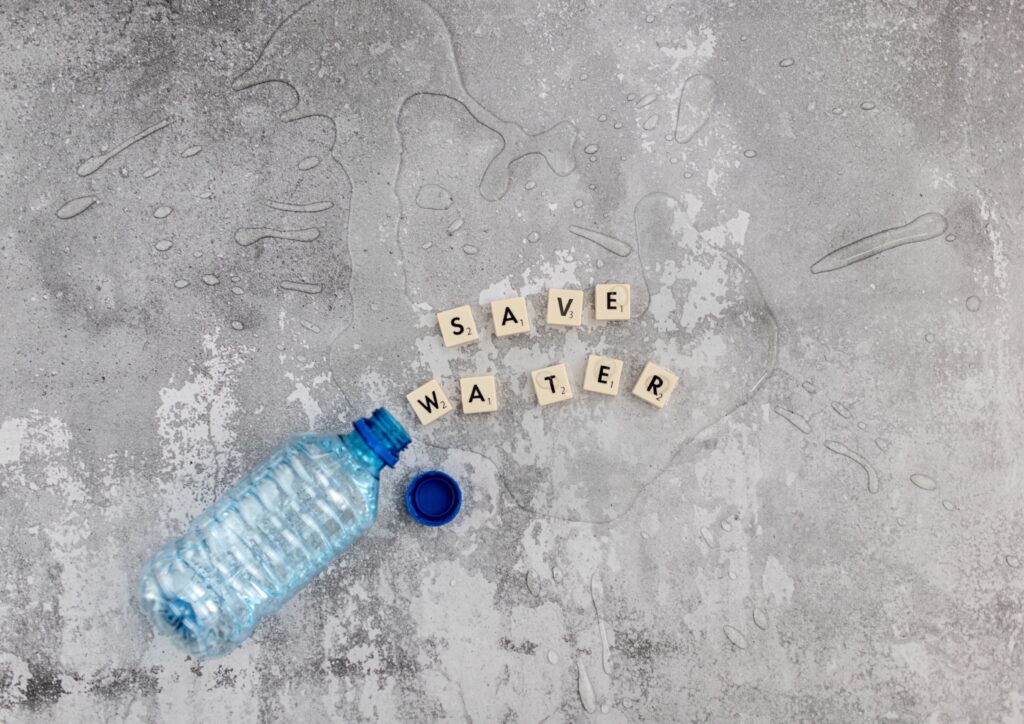
Conserving water is essential for sustainable living since it is a valuable resource. Fixing leaks, installing water-saving fixtures, and being aware of how much water you use during the day may all make a big difference. To preserve water and ease the burden on municipal water supplies, think about adopting rainwater collection devices for irrigation.
8. Support Clean Energy Policies
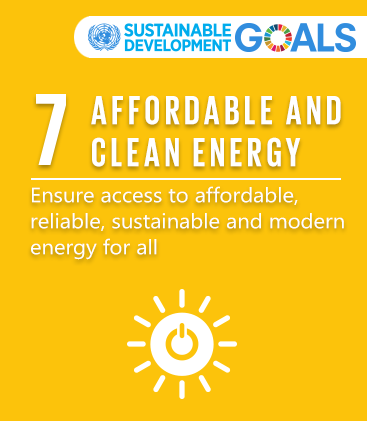
Maintain up-to-date knowledge of renewable energy regulations and promote their adoption. Engage with your local legislators, back candidates that place a strong emphasis on sustainability, and take part in environmental discussion forums. You can affect the implementation of clean energy legislation and help create a society that is more environmentally friendly and sustainable by actively participating in the democratic process.
9. Educate and Inspire Others
Keep abreast with legislation governing renewable energy and encourage its implementation. Engage your local representatives, support candidates that place a high priority on sustainability, and participate in forums where the environment is discussed. By actively engaging in the democratic process, you may influence the implementation of clean energy legislation and contribute to the development of a society that is more sustainable and ecologically friendly.
10. Get Involved in Environmental Initiatives
Participating in regional conservation and environmental activities may have a significant influence on your town and beyond. Take part in habitat restoration initiatives, beach clean-ups, and tree-planting programs. Join environmental groups and work with others who share your interests to make your efforts more effective. Together, we can forge a strong force for good change and advance significant environmental projects.
Conclusion
Going green and embracing renewable energy is not only a choice; it is a duty we all have to safeguard the environment and ensure a sustainable future. You may significantly contribute to encouraging clean energy practices and having a positive long-term effect on the environment by putting these 10 effective green living strategies into practice. Together, let’s work to create a better, more eco-friendly future for future generations. Together, we can promote renewable energy and serve as the driving force behind a more sustainable future. As we go in this direction, we create a legacy of progress and leave behind a better world for future generations.So let’s band together and start along this transformational the way to a future that is more ecologically conscious and sustainable. Each of us have the potential to be an inspiration for clean energy, just waiting to be released for a better tomorrow.
Frequently Asked Questions (FAQ)
1. What is clean energy, and why is it essential for the environment?
Clean energy refers to renewable and sustainable sources of power, such as solar, wind, hydro, and geothermal energy. Embracing clean energy is vital for the environment as it reduces greenhouse gas emissions and helps combat climate change, leading to a healthier planet for current and future generations.
2. How can I transition to renewable energy sources for my home or business?
Transitioning to renewable energy sources can be accomplished by installing solar panels on your property, participating in community solar projects, or choosing a green energy provider. These steps support the adoption of clean energy and contribute to a more sustainable energy grid.
3. What are some practical ways to improve energy efficiency at home?
Improving energy efficiency can be achieved through simple actions such as using energy-efficient appliances, switching to LED light bulbs, properly insulating your living spaces, and sealing drafts. These practices not only conserve energy but also lead to cost savings on energy bills.
4. How can I support sustainable transportation practices?
You can support sustainable transportation by choosing eco-friendly options such as walking, biking, carpooling, or using public transit for your daily commute. Investing in an electric vehicle or a hybrid car for longer journeys also reduces your carbon footprint.
5. How can I contribute to recycling efforts and reduce waste?
To contribute to recycling efforts, practice the “Reduce, Reuse, Recycle” mantra. Be mindful of consumption to reduce waste, reuse items whenever possible, and make recycling a priority. Supporting recycling programs and opting for products with minimal packaging further promote sustainable waste management.
6. Are there ways to get involved in local clean energy initiatives?
Yes, you can get involved in local clean energy initiatives by supporting and investing in renewable energy projects in your community. Stay informed about clean energy policies and incentives and advocate for their implementation. Participate in environmental events, clean-up drives, and conservation efforts to make a positive impact.
7. How can I make eco-friendly choices when purchasing products?
Making eco-friendly choices when purchasing products involves looking for eco-labels or certifications such as Energy Star, Fair Trade, and Forest Stewardship Council (FSC) certification. Supporting businesses that prioritize environmental responsibility encourages the adoption of greener practices.
8. What are some water conservation practices I can adopt?
To practice water conservation, fix leaks, install water-efficient fixtures, and be mindful of water usage during daily activities. Consider using rainwater harvesting systems for irrigation to conserve water and reduce reliance on municipal water sources.
9. How can I educate and inspire others to go green and embrace clean energy?
Educate and inspire others by sharing your knowledge and passion for clean energy and environmental stewardship. Organize workshops, seminars, or community events to raise awareness and engage others in sustainable practices. Leading by example can inspire those around you to take action.
10. How can I stay updated on clean energy policies and initiatives?
Stay updated on clean energy policies and initiatives by engaging with local representatives, participating in public forums on environmental issues, and following reputable news sources. Joining environmental organizations and subscribing to clean energy newsletters also provides valuable information.

